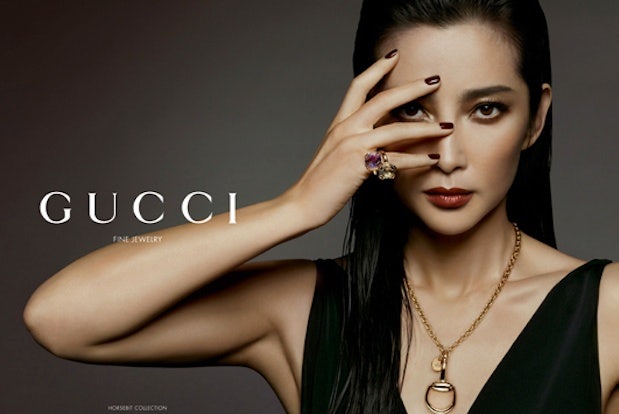Some Wealthy Chinese Spend 25% Of Disposable Income On Luxury Goods#

Earlier this year, Hans Helmuth Hennig, Managing Director at the Hong Kong-based luxury distributor Jebsen & Co., told CNBC that he felt the Chinese luxury market was set to show lower growth in 2012, following its explosive rise from 2009-2011. As Hennig put it, lower (but still double-digit) growth rates show, to him at least, that the Chinese consumer is not cutting luxury spending completely out of his or her diet, but rather is thinking twice before making a major purchase. Said Hennig, "We’re seeing less demand for some of our other more broadly distributed products, but at the end of the day, it’s not about things stopping all of a sudden, it’s…maybe the consumer in China is taking a little bit of a step back."
Since then, other commentators have voiced concerns that the Chinese market could see a marked slowdown in 2012, as red-hot macroeconomic growth rates cool. However, as Jing Daily noted in February, if there's one thing that China's luxury industry could use, it's a bit of a breather. Though unsustainably high demand for many of the brands and products distributed by Jebsen & Co. — flashy cars and megayachts among them — will likely slow somewhat, this shouldn't really affect the Chinese luxury industry as a whole. Currently, a significant proportion of luxury purchases in China are smaller items or accessories, bought by middle-class aspirational consumers. As Jing Daily put it, "we expect to see signs of maturation, rather than a major lessening of the growth rate, in the premium segment this year."
According to a new report by CLSA Asia-Pacific Markets, "Dipped in Gold 2012," our expectation is on target. Though the overall growth rate of the Chinese market will indeed slow this year, Aaron Fischer of CLSA told the Wall Street Journal, “Wealthy individuals won’t slow down their spending.” From the WSJ:
Mainland-Chinese customers generate roughly one-third of Gucci and Prada’s world-wide sales, he added, and it’s not uncommon for rich Chinese to spend one-quarter of their disposable income on luxury goods.
They are also, Mr. Fischer pointed out, becoming more discriminating. Gucci and other retailers are stocking fewer logo-emblazoned items in their Chinese stores as shoppers begin to gravitate to more subtle displays of wealth.
What could derail the firm’s bullish forecast? Another global recession, or a major crimp in the ability to travel, Mr. Fischer said. About 30% of luxury purchases occur while consumers travel, and Chinese tourists are expected to make up 40% of luxury spending in France this year — a health scare like 2003′s SARS epidemic would disrupt that, he said.
A third potential roadblock: a corruption probe widespread enough to dissuade Chinese from gift-giving, a popular practice among businesspeople that accounts for as much as 20% of luxury goods purchases among Chinese consumers.
As CLSA's report adds, it's not just China that should continue to fuel the global luxury market for the next five to ten years -- shoppers from emerging markets may account for "as much as 75 percent" of the market by 2020. As Mariana Kou, Consumer & Gaming Research Associate at CLSA, said: "We're thinking that the wealthy individuals, they're not going to change their lifestyle really, even if there's a slight slowdown in the short-term in China. Basically, we are showing data that they're still maintaining their budget luxury spending of 23 to 25 percent in the past few years."
